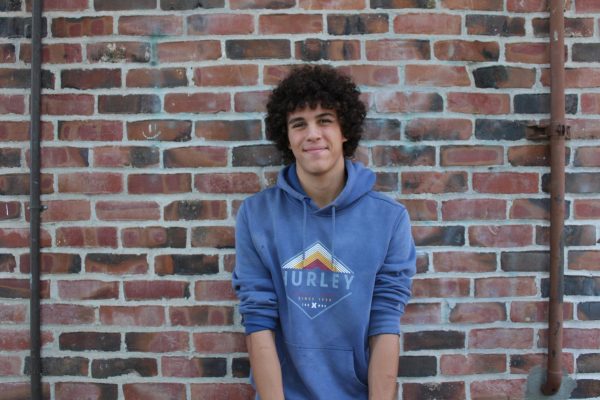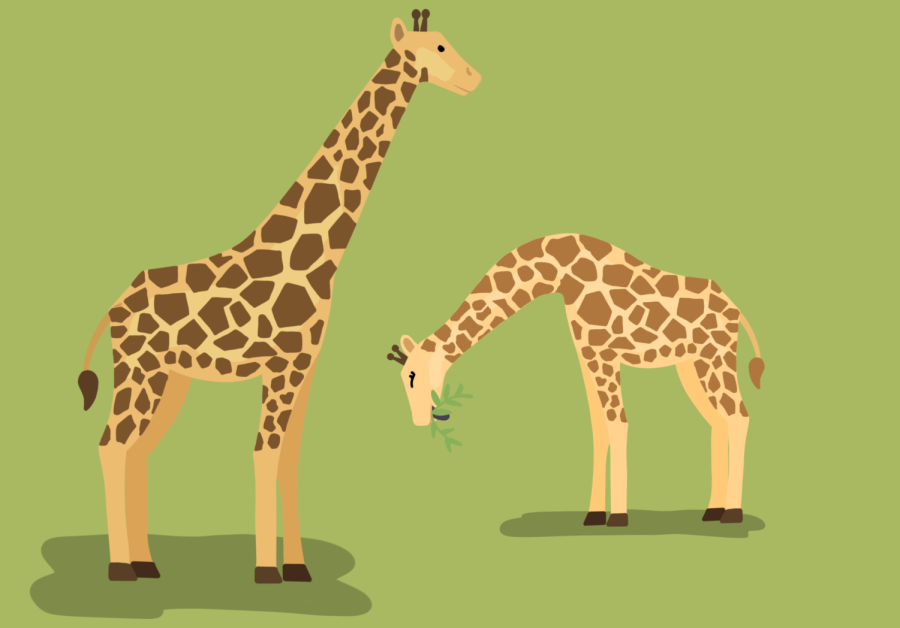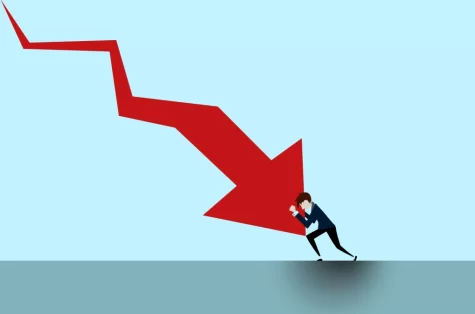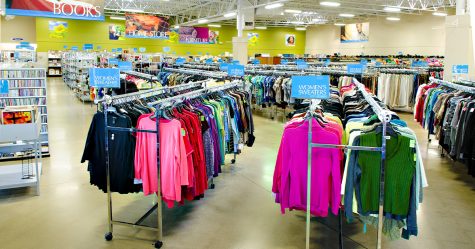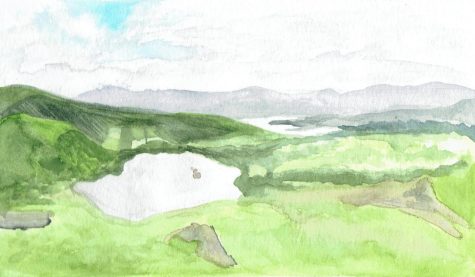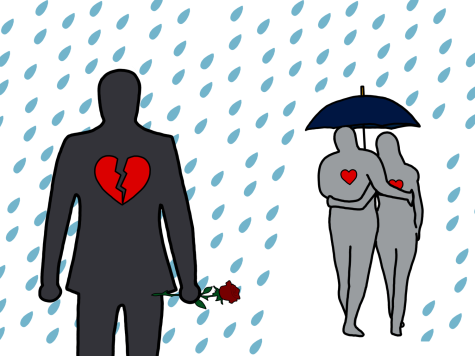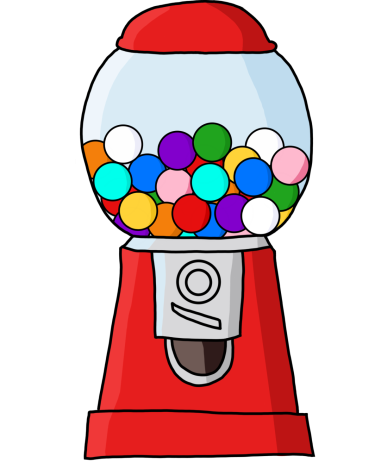Animal Kingdom: Farming’s inhumanity
Since the introduction of industrialization in the modern world, farming has seen massive systemic changes that allow food to be distributed on a much wider scale. However, many of these processes abuse animals on a regular basis.
Animal feeding operations are places where animals are kept, raised and killed in confined living spaces. According to People for the Ethical Treatment of Animals, thousands of these animals are crammed into restrictive, unsanitary wire or metal enclosures, and are prevented from raising families, playing in the dirt, building nests and other natural activities. These conditions are detrimental and inhumane — yet, no one talks about them.
The maltreatment of animals is so normalized that when they are treated humanely, the quality of the meat is not seen as the norm, but as a delicacy.
Often, stories on how problematic farming conditions are to animals never reach mainstream media. Animals are abused year-round on a scale larger than most people can even grasp, with hardly anyone to advocate for them. Sierra Club estimates a whopping 450,000 animal feeding operations in the United States alone, impacting millions of animals daily. They are not let free to graze, but instead have processed feed brought to them in their enclosures. This puts the animals in a horrible mental state, denying them of their natural wants and needs, and often preventing them from even experiencing sunlight on their skin. Additionally, many farms will often force their animals to inbreed, leading to genetic mutations that shorten their already short and harsh lives, worsening this situation even further.
So, what can be done to prevent all of this from happening? Firstly, make sure to know where your food comes from. If you can afford it, try to avoid purchasing meat, eggs and dairy products that are not free range and organic. Of course, not everyone is in a situation where they can afford these cruelty-free expenses. For those who fall under that circumstance, educate yourself and others on how exactly this impacts animals, and especially make sure to inform the people around you who have the power to make a difference.
